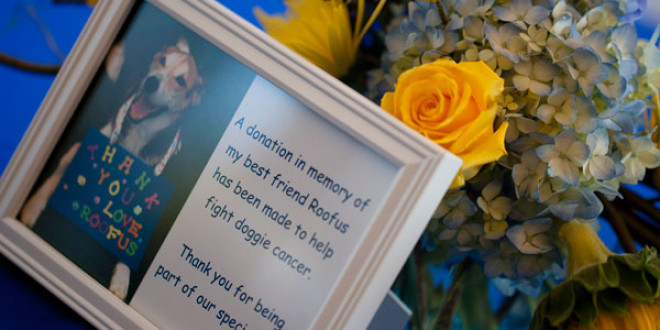[ad_1]
Every culture has its own unique ways to celebrate a festive occasion, and few events are as central to family life and long established traditions as a wedding. The country of Pakistan is one where Islamic traditions and beliefs are very strong and some of these values are part of a Pakistani wedding, but there are a number of wedding traditions that have been absorbed from other cultures and countries as well.
You will find that few countries will celebrate a happy wedding as fervently as the people in Pakistan. To these families this is a time when happiness and excitation will rule the day and everyone is encouraged to participate in the fun, laughter and wonder of the day.
Before the wedding takes place most Pakistani couples will be honored with a formal engagement ceremony known as Mangni. This is a time when several relatives of the prospective bride and groom will come together and say prayers and special blessings in honor of the happy couple. This is also the time when the official date for the Pakistani wedding will be declared. Although this ceremony is relatively small it is a time honored tradition and one that is very important to both families.
Before Pakistani brides are allowed to be seen wearing those beautiful Pakistani wedding dresses Mayun will be observed. This is an old custom that still is practiced among the majorities of families in this country. During this time the bride to be is secluded and not able to leave her home for a period of time that lasts from 8-15 days. She is secluded even from the groom to be and his family and this is a time when she prepares to become as beautiful as possible for her wedding.
During her period of isolation the bride will have an herbal paste applied to her body each day that is known as Uptan. This herbal concoction is created from fragrant sandalwood, turmeric and other oils and botanicals. The mother of the groom is the one who obtains this "Uptan" and brings it to the home of the bride. The mother of the groom and his sisters are given the honor of applying a coating of this aromatic salve to the hands and face of the bride. The mother and sisters of the bride will perform this same traditional ritual for the groom to be.
The Henna Party is a traditional part of almost any wedding, and it has been adapted by other women in a number of different countries. The official name of this ritual is Rasm E Mehndi and it occurs just one day before the bride dons her wedding dress. This is the time that henna is artfully applied to the hands and feet of the bride to be. The bride is careful not to disturb the henna paint and even though there is a ceremonial dinner that occurs after the henna application the bride does not participate and her face must remain carefully hidden by a veil.
On the day of the happy Pakistani wedding the groom, his family and friends create a baraat which is a procession. This Baraat arrives at the home of the bride where the family welcomes the groom and guests.
An authentic Islamic official wedding ceremony is known as Nikah and involves the males and females being separated by a cloth partition.
The brides in their beautiful Pakistani wedding dresses may even be in a different room from their grooms during the ceremony. A Pakistani wedding will also have a marriage contract which is a document known traditionally as Nikah-naama. It includes the right to divorce and Meher, or the amount to be paid by the groom for the honor of marrying his bride.
[ad_2]
Source by Zarin Irani

